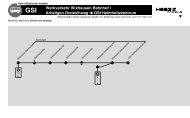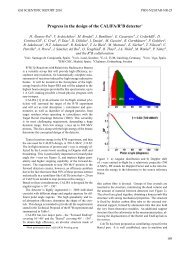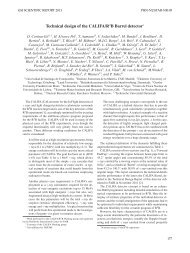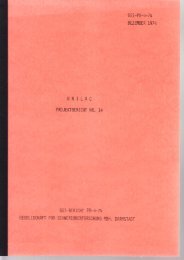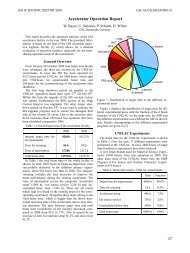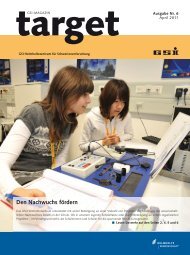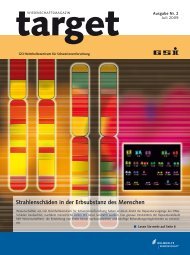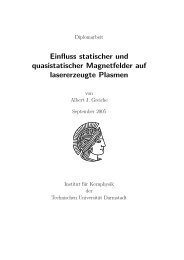Radiation Hardness Studies of Monolithic Active Pixel Sensors ...
Radiation Hardness Studies of Monolithic Active Pixel Sensors ...
Radiation Hardness Studies of Monolithic Active Pixel Sensors ...
Sie wollen auch ein ePaper? Erhöhen Sie die Reichweite Ihrer Titel.
YUMPU macht aus Druck-PDFs automatisch weboptimierte ePaper, die Google liebt.
B<br />
Abstract<br />
CMOS <strong>Monolithic</strong> <strong>Active</strong> <strong>Pixel</strong> <strong>Sensors</strong> (MAPS) demonstrated excellent performances in tracking<br />
detectors for charged particles. They provide an outstanding spatial resolution (few µm) and<br />
detection efficiency (> 99,9%) in combination with very low material budget (0,05% X0 per<br />
sensor) and good radiation tolerance (> 1 MRad, > 3 · 1013 neq<br />
cm2 ). MAPS are the technology <strong>of</strong><br />
choice for micro vertex detectors for the heavy ion experiments STAR and CBM and a potential<br />
candidate for a micro vertex detector at the ILC. Due to the luminosities needed to address the<br />
physic questions, radiation tolerance is in the focus <strong>of</strong> the sensor optimization. To approach the<br />
requirements <strong>of</strong> these experiments regarding radiation tolerance, the radiation tolerance <strong>of</strong> the<br />
sensors is being evaluated and improved within a joined R&D project carried out by the IPHC<br />
Strasbourg and IKF Frankfurt. The master thesis is part <strong>of</strong> this project.<br />
The master thesis focuses on the radiation damage in the sensors which could be reduced by<br />
thermal annealing. This was suggested by previous studies which were however restricted to<br />
ionizing radiation damage only. The results were reproduced and complemented by a first<br />
systematic study <strong>of</strong> the annealing effects <strong>of</strong> neutron irradiated MAPS. The feasibility <strong>of</strong> annealing<br />
ionizing radiation damage in the presence <strong>of</strong> non-ionizing radiation damage will be<br />
demonstrated.<br />
The results <strong>of</strong> the studies will be presented and the option to recover a strongly irradiated, MAPS<br />
based vertex detector by means <strong>of</strong> thermal treatment will be discussed.


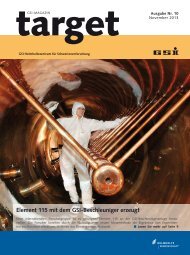
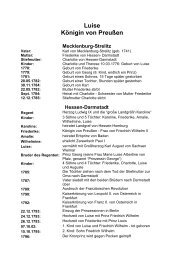
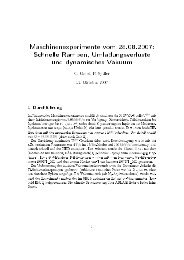
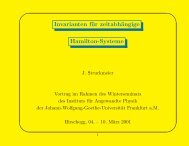
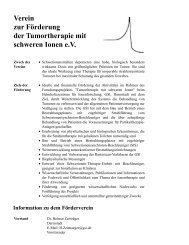
![GS I -P-]-17 - GSI Helmholtzzentrum für Schwerionenforschung](https://img.yumpu.com/20698964/1/184x260/gs-i-p-17-gsi-helmholtzzentrum-fur-schwerionenforschung.jpg?quality=85)
